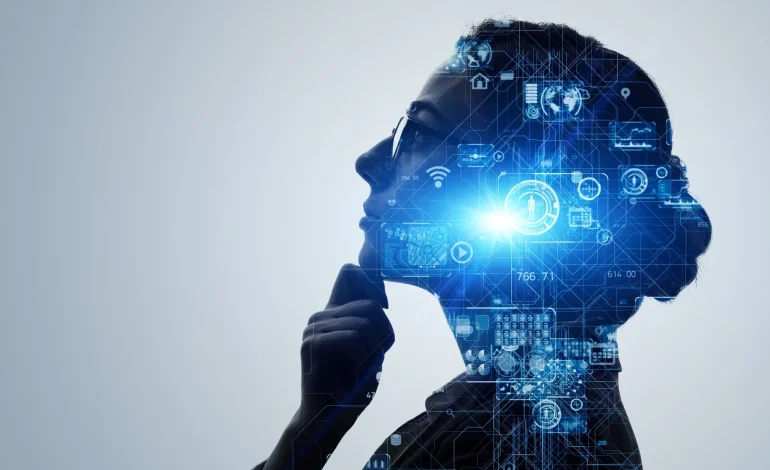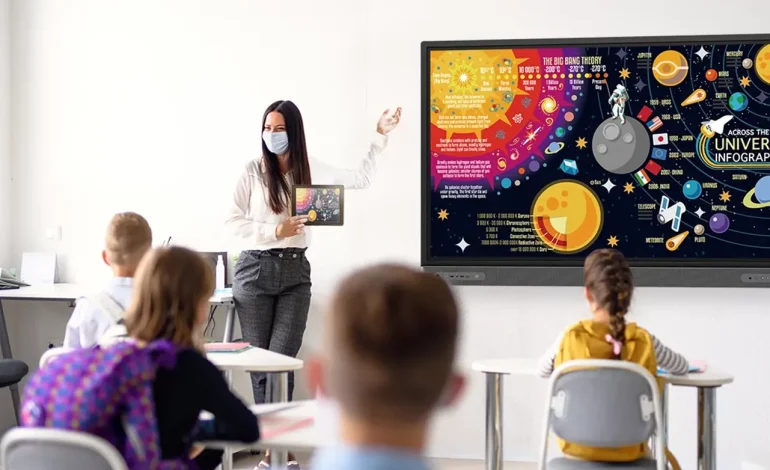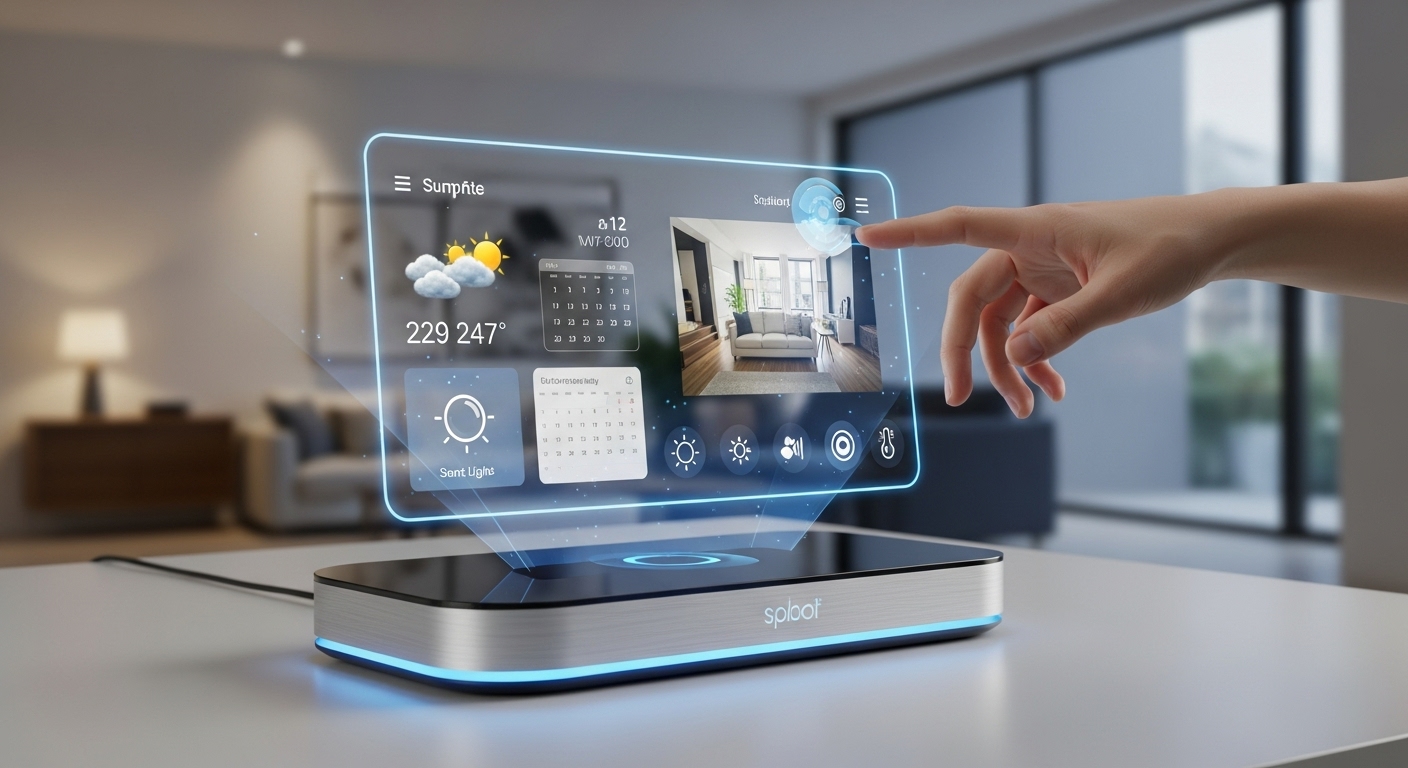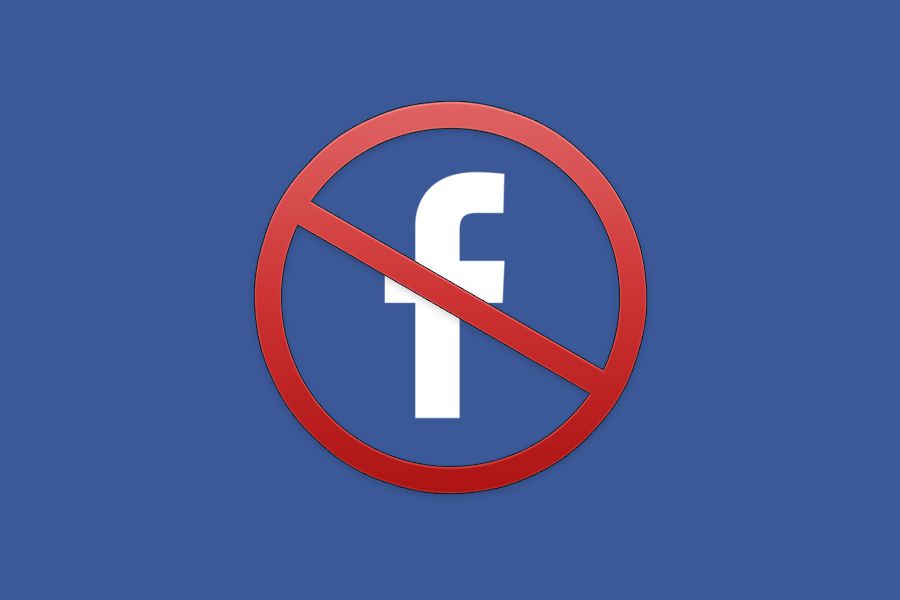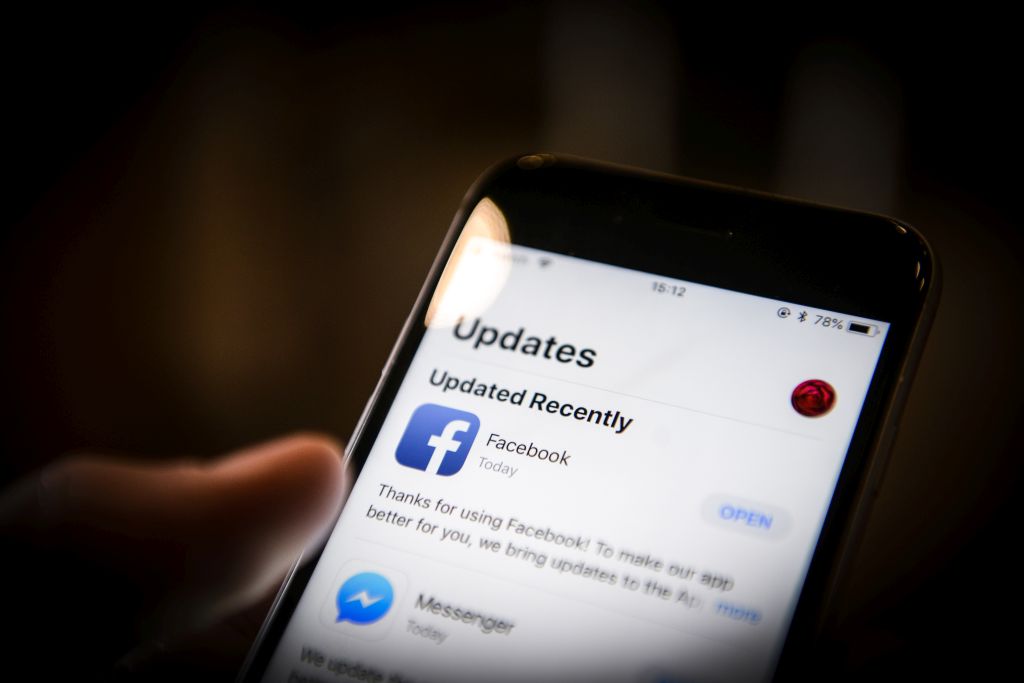The Evolution of Technology: How It’s Shaping Our Lives in 2025 and Beyond
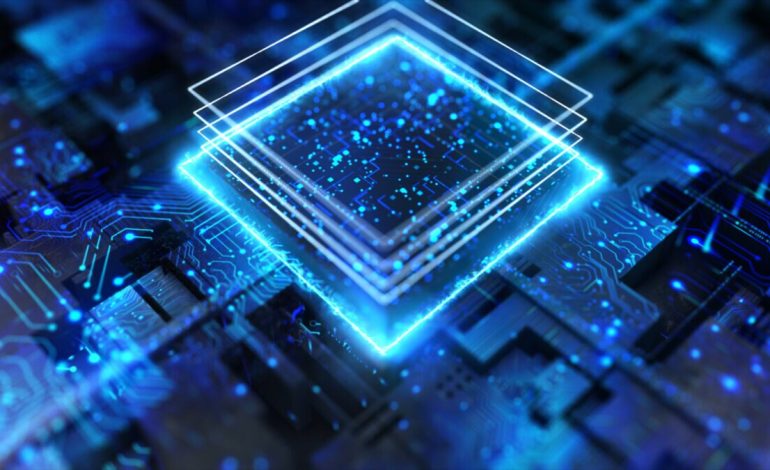
Technology has long been a driving force behind human progress. From the invention of the wheel to the internet age, each innovation has reshaped society, culture, and the economy. Today, as we enter the mid-2020s, we are living in an era where the pace of technological change is accelerating like never before.
Artificial intelligence, smart devices, biotechnology, and space exploration are no longer futuristic ideas—they are shaping our everyday reality. This article explores how technology continues to evolve, the ways it is impacting our lives in 2025, and what we can expect in the near future.
1. The Acceleration of Innovation
In the past, technological revolutions took decades or centuries to unfold. Today, that cycle has shortened drastically. It’s not just about creating something new—it’s about how fast it scales.
Key Drivers of Rapid Innovation:
-
Cloud computing allows businesses to access vast computing power without physical infrastructure.
-
Open-source collaboration means developers can build on each other’s work quickly.
-
AI and machine learning automate problem-solving and data analysis at unprecedented speeds.
-
Consumer adoption is faster thanks to global internet access and smart devices.
This acceleration creates both opportunities and challenges, especially in areas like privacy, ethics, and workforce disruption.
2. Artificial Intelligence: The New Industrial Power
In 2025, artificial intelligence (AI) is the most influential technological force in society. Tools like ChatGPT, Midjourney, and Gemini are now integrated into daily workflows—from creative writing and customer service to legal research and software development.
Everyday Uses of AI:
-
Customer Service: AI chatbots handle 24/7 inquiries for banks, airlines, and retailers.
-
Healthcare: AI assists in diagnosing conditions via imaging scans and predictive modeling.
-
Education: Personalized learning apps use AI to adapt to individual student needs.
-
Entertainment: Music, movies, and video games are being enhanced or even created entirely by AI.
However, as AI becomes more capable, concerns are rising over its potential to replace jobs, generate misinformation, or replicate human biases.
3. The Smart World: Devices That Think and Connect
The Internet of Things (IoT) has turned ordinary devices into intelligent systems that can sense, analyze, and respond. Your thermostat learns your preferences. Your fridge tracks expiration dates. Your watch monitors your heart rate—and alerts your doctor if needed.
Smart Technology in 2025:
-
Smart homes use AI to control lighting, security, energy use, and voice assistants.
-
Wearables like fitness bands and AR glasses track health and enhance productivity.
-
Smart cities manage traffic, waste, and energy using sensor networks.
This ecosystem creates more efficient living environments—but also raises questions about data security and digital dependency.
4. The Rise of Remote Everything
The COVID-19 pandemic was a tipping point for digital transformation. Remote work, online education, and telehealth are now permanent parts of modern life..
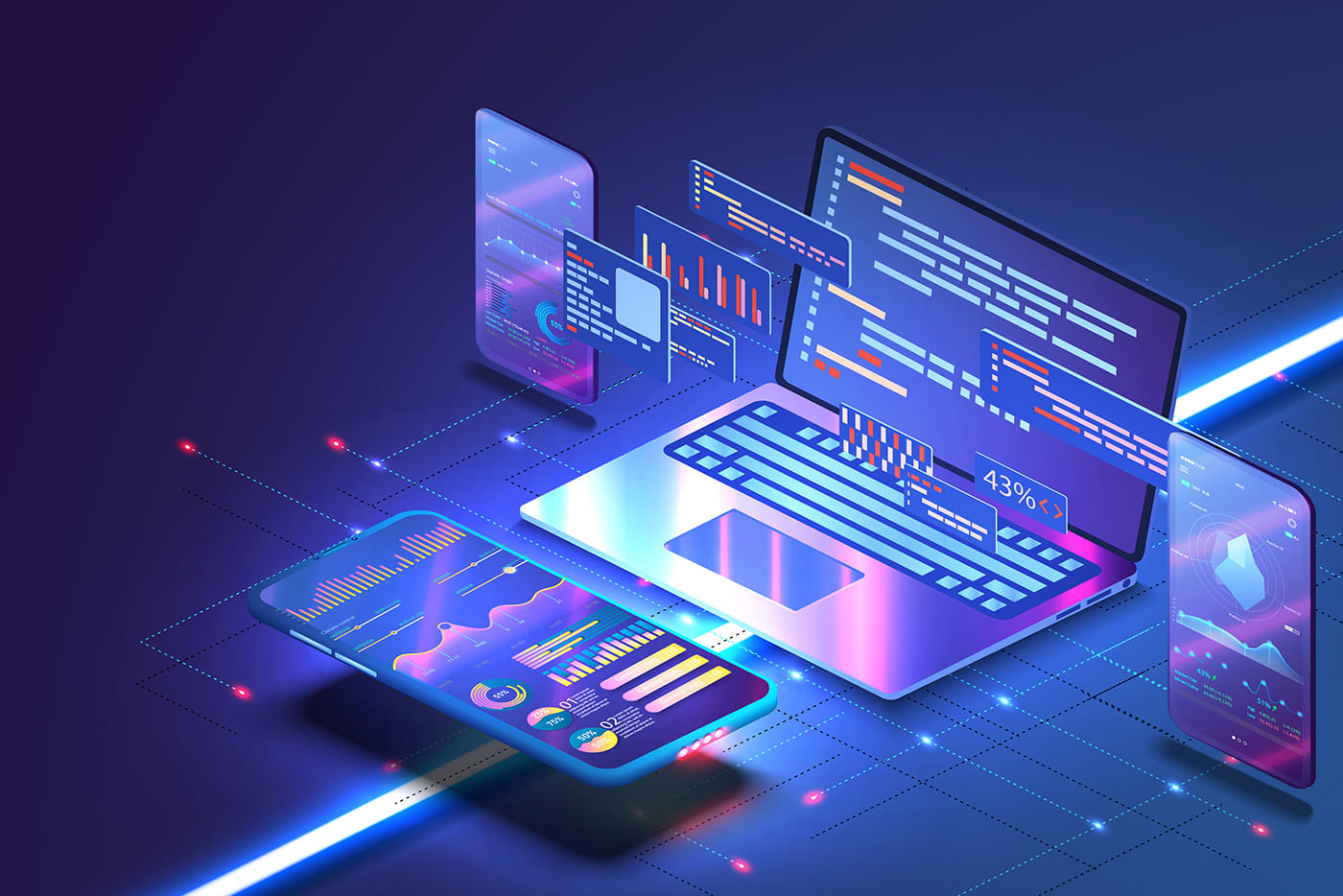
Current Trends:
-
Hybrid work models blend remote and in-office arrangements, supported by platforms like Zoom, Microsoft Teams, and Slack.
-
Virtual reality (VR) and augmented reality (AR) are transforming training, meetings, and online shopping.
-
Telemedicine is bridging healthcare gaps in rural and underserved areas.
This shift has created new freedoms but also introduced challenges around isolation, work-life balance, and access for those without reliable internet.
5. Cybersecurity: The Growing Digital Arms Race
With more of our lives online, cybersecurity has become a top priority. Attacks on personal data, businesses, and infrastructure are more sophisticated and frequent.
Key Threats:
-
Phishing and ransomware attacks targeting individuals and corporations
-
Deepfakes and AI-generated scams
-
State-sponsored hacking and cyber warfare
To counter this, cybersecurity firms and governments are investing heavily in zero-trust security models, biometric authentication, and quantum-safe encryption.
Cyber resilience is no longer optional—it’s essential for digital trust.
6. Biotechnology and Human Enhancement
Another frontier that’s advancing rapidly is biotechnology—the fusion of biology and technology to improve health and extend life.
Examples of Innovation:
-
CRISPR gene editing is being tested to treat genetic disorders like sickle cell anemia.
-
Wearable and implantable devices monitor chronic conditions in real time.
-
Digital twins of the human body allow doctors to simulate treatments before applying them.
By 2030, we may see personalized medicine based on your DNA and AI systems that can predict—and prevent—illness before symptoms even appear.
7. Sustainability and Green Tech
As climate change worsens, technology is also playing a key role in solving environmental challenges.
Green Technologies Gaining Traction:
-
Electric vehicles (EVs) powered by increasingly efficient batteries
-
Smart grids that manage energy use in real time
-
Carbon capture and storage to reduce emissions from industry
-
Vertical farming and lab-grown meat to reduce agriculture’s footprint
Clean tech investment hit record highs in 2024, and innovations are moving from labs to homes, farms, and factories worldwide.
8. Space Tech and the Final Frontier
The race to space is no longer just for governments. Private companies like SpaceX, Blue Origin, and Rocket Lab are commercializing space travel and exploration.
What’s Happening in 2025:
-
Reusable rockets have made space launches cheaper and more frequent.
-
Lunar missions are preparing for permanent human presence on the Moon.
-
Satellites provide global internet, weather tracking, and navigation services.
Space is becoming the next platform for innovation, with potential for asteroid mining, tourism, and interplanetary colonization.
9. Ethics and the Human Side of Technology

With great power comes great responsibility. As tech becomes more powerful, we face critical ethical questions:
-
Should AI replace human creativity or judgment?
-
How much personal data should we give up for convenience?
-
Who is accountable when algorithms make decisions?
-
Are we becoming too dependent on machines?
Organizations and governments are beginning to address these concerns through regulation, transparency standards, and ethical AI frameworks, but more work is needed.
10. What the Future Holds
While it’s impossible to predict everything, some trends seem inevitable:
-
AI will continue integrating into every aspect of daily life.
-
The boundary between physical and digital worlds will blur further.
-
Skills like digital literacy, critical thinking, and adaptability will be vital for the workforce of tomorrow.
-
There will be tension between tech advancement and the need for human connection, balance, and ethics.
The key to navigating this future is intentional innovation—building technologies that don’t just serve markets but also serve humanity.
Conclusion: Living in a Technological Renaissance
We are living through a technological renaissance—one that offers us incredible tools to improve our lives, solve global problems, and explore new worlds. But with this power comes the responsibility to shape the future wisely.
Technology itself is neutral. What matters is how we use it, who it benefits, and whether it uplifts or divides us.
As individuals, workers, and citizens, we must engage with technology not just as consumers—but as thoughtful participants in the world we are creating.

